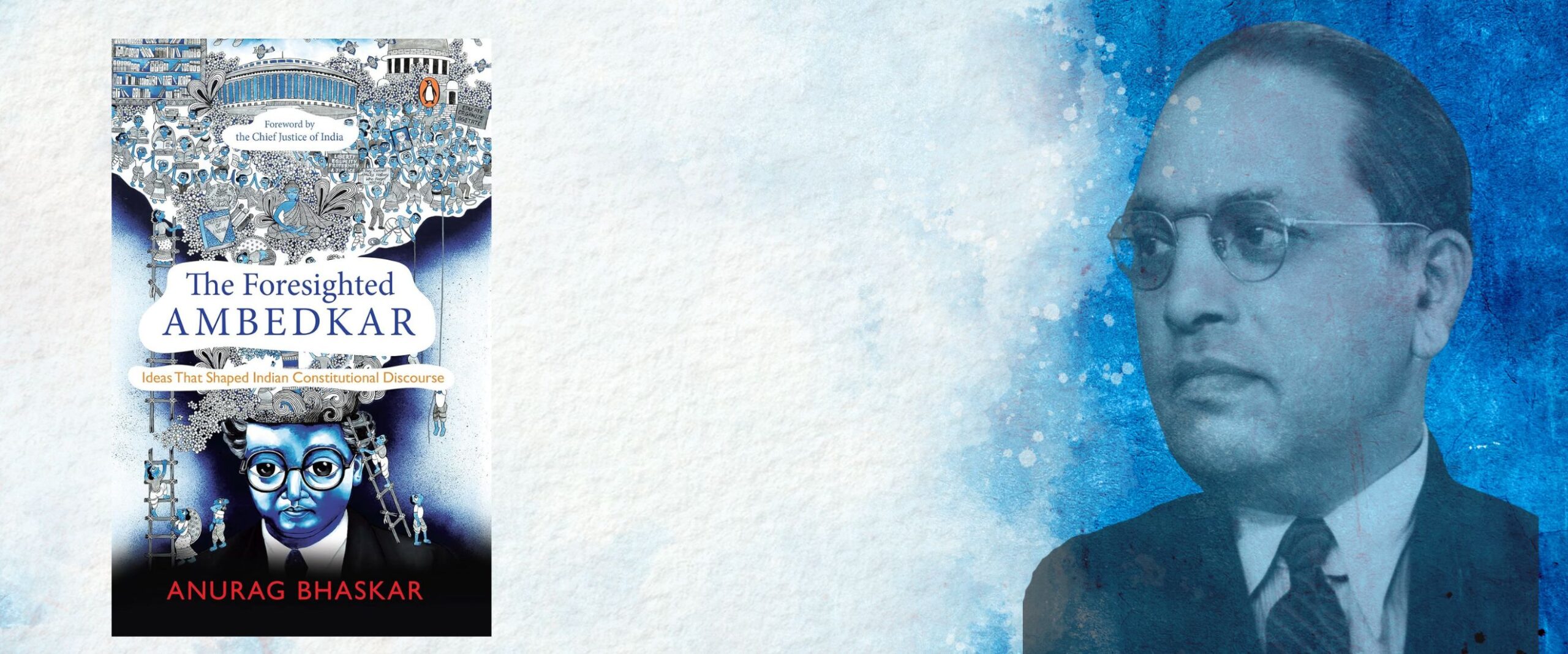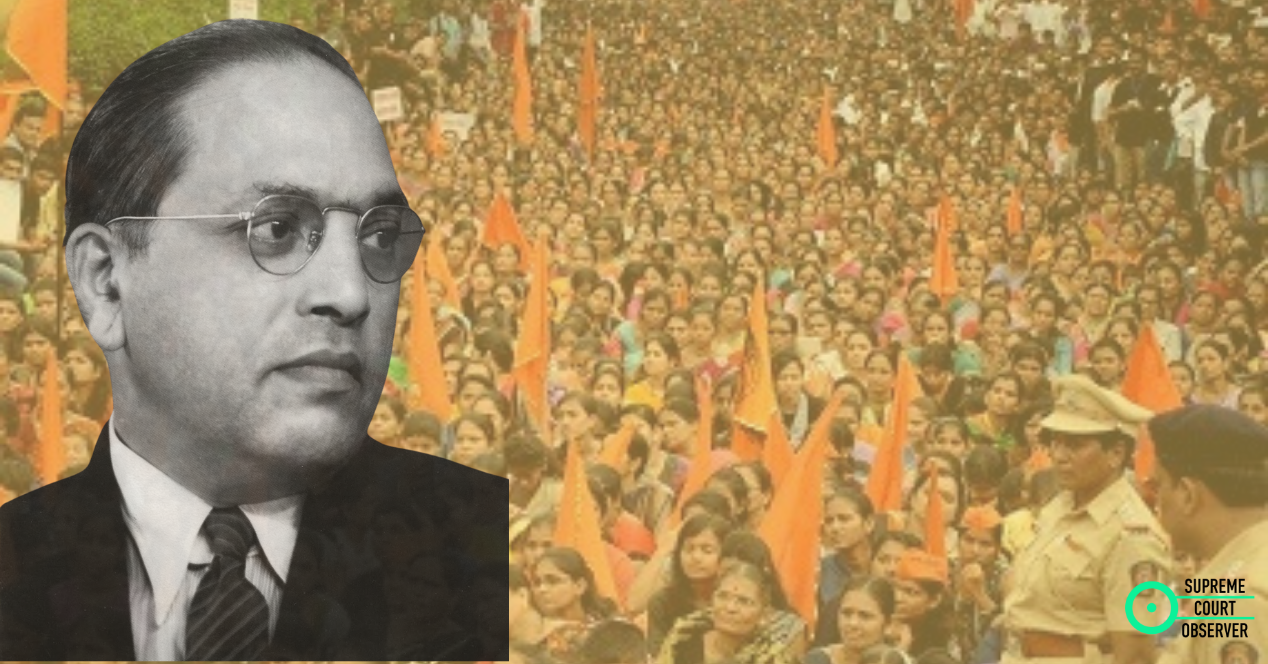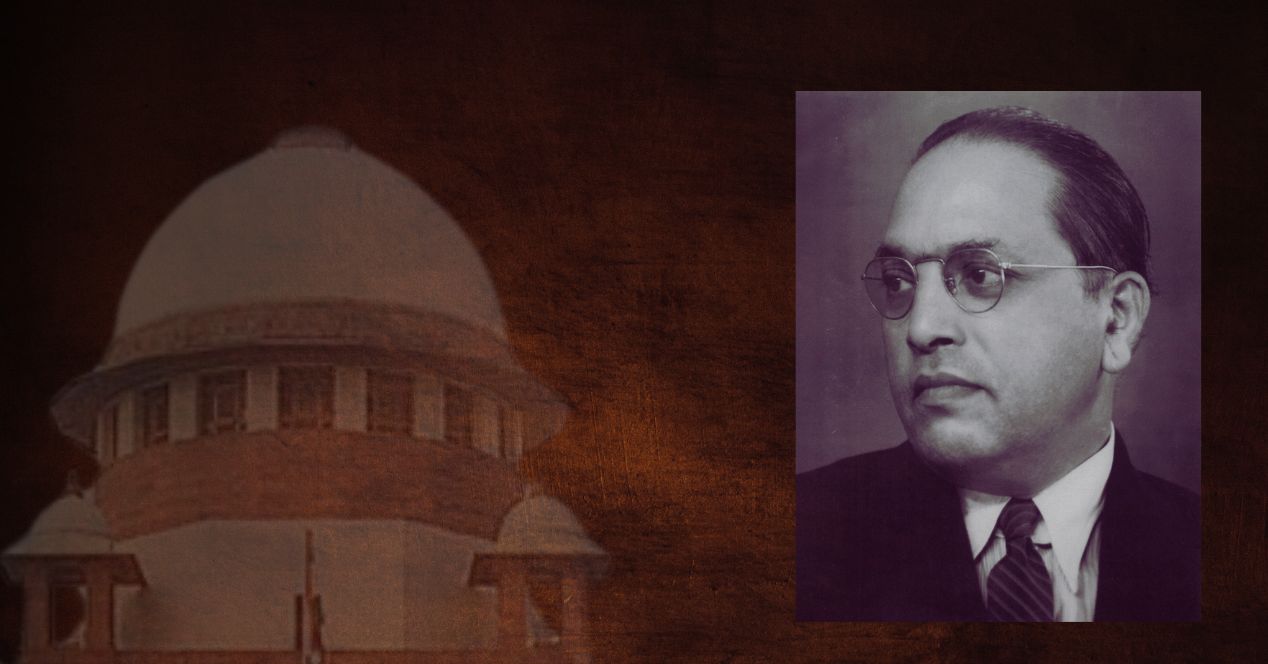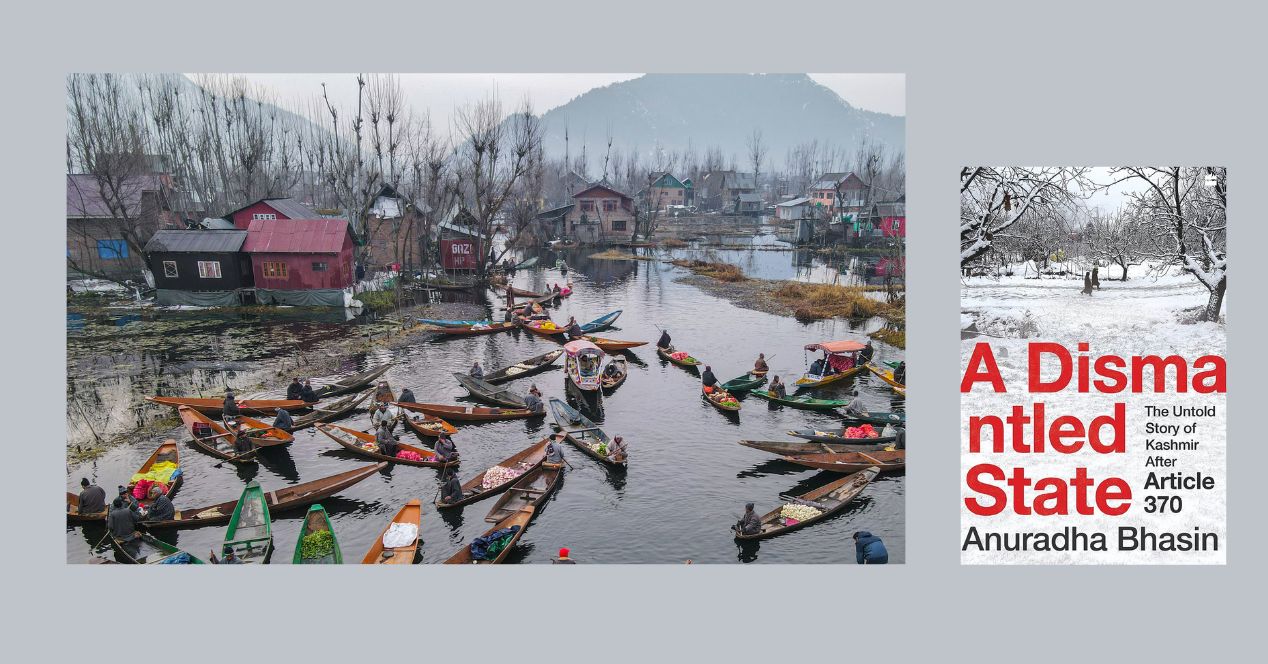Analysis
Did Dr Ambedkar Want to Burn the Constitution?
A chapter in a recent book looks at the context of a statement often quoted by proponents of a new Constitution. Here’s a brief excerpt.

Those opposed to the idea of the Indian Constitution as the overarching norm of Indian society often narrate that Dr Ambedkar wanted to burn it. Similarly, those who cannot tolerate Dr Ambedkar’s contributions to nation-building and Constitution-framing due to their caste-hatred criticize him by arguing that he had nothing to do with the Indian Constitution, as he himself wanted to burn it. Unfortunately, even scholars cite one line from a speech by Dr Ambedkar in the Rajya Sabha (upper house of the Indian Parliament) in 1953 to make generalized claims about the Constitution and Dr Ambedkar himself. The said line, which is often quoted by writers without giving the full picture, is as follows: ‘I shall be the first person to burn it out.’ (2 September 1953)
Dr Ambedkar’s biographer Dhananjay Keer stated that Dr Ambedkar ‘had made the attack [on the Constitution] and volleyed his thunder in a spirit of utter desperation and frustration’. Scholar Gail Omvedt has also cited this excerpt to refer to it as Dr Ambedkar’s ‘disillusionment . . . with the promises of progressiveness’ and a ‘moment of rage’…. In his work on the making of the Indian Constitution, Arvind Elangovan called it ‘Ambedkar’s public disavowal of the Constitution’. Elangovan is of the view that Dr Ambedkar ‘publicly distanced himself from the constitutional document that he helped draft’.
In his book Caste Matters (2019), Suraj Yengde refers to the said line of Dr Ambedkar to state that ‘the same document [Constitution] that Dr Ambedkar had so laboriously authored, he was now willing to burn to ashes’. In addition to this, Yengde notes, ‘The burning of a juridical text was not a foreign act for Dr Ambedkar,’ as he had previously burnt the Manusmriti (the ancient Hindu caste code) publicly in 1927. Yengde also argues that the ‘over-reliance’ on the constitutional method ‘as a route to Dalit emancipation precludes the call for the total liberation of Dalits’. Furthermore, he states that the ‘idea of the Constitution is romantic’, and that constitutionalism reflects the ‘state’s narrative’, which has been promoted to create ‘Dalit passivism’ and deviation from core demands. The author argues that the attribution of the authorship of the Constitution to Dr Ambedkar has been ‘clever propaganda’ spread by the ruling castes and the State that has thus taken away ‘Dalit radicalism’.
However, in my view, all these views have not contextualized or presented the original full source of the said statement made by Dr Ambedkar…. The veracity of this line of argument that Dr Ambedkar wanted to burn the Constitution falls flat on the face when the complete context and content of Dr Ambedkar’s speech is read. Consequently, the claims made by citing the said statement also ring hollow and untrue.
On 2 September 1953, Dr Ambedkar was making his submissions on the Andhra State Bill, which was tabled in the Rajya Sabha for the formation of Andhra Pradesh state on the principle of linguistic provinces. He was clearly unhappy with the fact that the Indian Government agreed to form the linguistic state of Andhra only after Potti Sriramalu (a leader demanding a linguistic state) sacrificed his life for the sake of creating an Andhra Province. At the same time, he was very critical of the then Home Minister K.N. Katju for not making special provisions for ‘granting protection [to minorities, including Dalits as well as linguistic minorities] against tyranny, against oppression, against communalism’ in the proposed Andhra State. Dr Ambedkar suggested that the governor of the state may be given special powers to protect the minorities. This suggestion was contrary to the constitutional principle of ‘aid and advice’ adopted in the Indian Constitution, according to which a governor generally did not have powers of his own and followed the decision of the Council of Ministers of the State. Dr Ambedkar’s suggestion was in line with his similar arguments, as stated in the previous section, made in his works, ‘Communal Deadlock’ and ‘States and Minorities’, where he made a case for additional special safeguards for minorities.
In response, Katju and another member argued that the existing constitutional provisions were justified by Dr Ambedkar earlier in the Constituent Assembly. It was to justify his own new suggestion that Dr Ambedkar said that he had earlier defended the tradition (of aid and advice) in the Constituent Assembly because the majority of the members had adopted it. That was the statesman in him. His quote mentioned this tradition: ‘Now, Sir, we have inherited a tradition. People always keep on saying to me: “Oh, you are the maker of the Constitution.” My answer is I was a hack. What I was asked to do, I did much against my will.’
Dr Ambedkar gave examples from the Canadian Constitution, and British constitutional practices, where there was special protection provided to linguistic minorities. He submitted before the chairman of the Rajya Sabha that ‘no harm can be done to democracy and to democratic Constitution, if our Constitution was amended and powers similar to those given to the Governor General under [Canadian Constitution] were given to the Governor [in India]’. It is only then there would be a ‘safeguard to certain small linguistic areas or linguistic groups who find that the majority in the State are not doing justice to them’. It was against the argument of not making special provisions for minorities (including Dalits) by the Government that Dr Ambedkar made the rhetorical speech of burning the Constitution, which deserves to be quoted fully:
It is by placating the sentiments of smaller communities and smaller people who are afraid that the majority may do wrong, that the British Parliament works. Sir, my friends tell me that I have made the Constitution. But I am quite prepared to say that I shall be the first person to burn it out. I do not want it. It does not suit anybody. But, whatever that may be, if our people want to carry on, they must not forget that there are majorities and there are minorities, and they simply cannot ignore the minorities by saying, ‘Oh, no. To recognize you is to harm democracy.’ I should say that the greatest harm will come by injuring the minorities.
In conclusion of his address, Dr Ambedkar made the submission to the home minister to see ‘whether he can find any solution to the problem of linguistic provinces, based on the suggestions that [Ambedkar] made’. It is clear from this discussion that the rhetorical excerpt of Dr Ambedkar’s speech was made in the specific context of linguistic states and adopting a provision, which would be different from the already adopted tradition of governors having no power of their own. Even after the said quote, Dr Ambedkar wanted the home minister to consider his constitutional proposal. This entire context is not mentioned in any book or article, which cites Dr Ambedkar’s rhetorical quote on burning the Constitution. Contrary to these assumptions, Dr Ambedkar was not asking for the entire Constitution to be burnt down as a matter of principle.
[This is a part of the chapter ‘Did Ambedkar Want to Burn the Constitution’ in Anurag Bhaskar’s The Foresighted Ambedkar: Ideas that Shaped Indian Constitutional Discourse. We thank Penguin India for permission to run this excerpt.]




